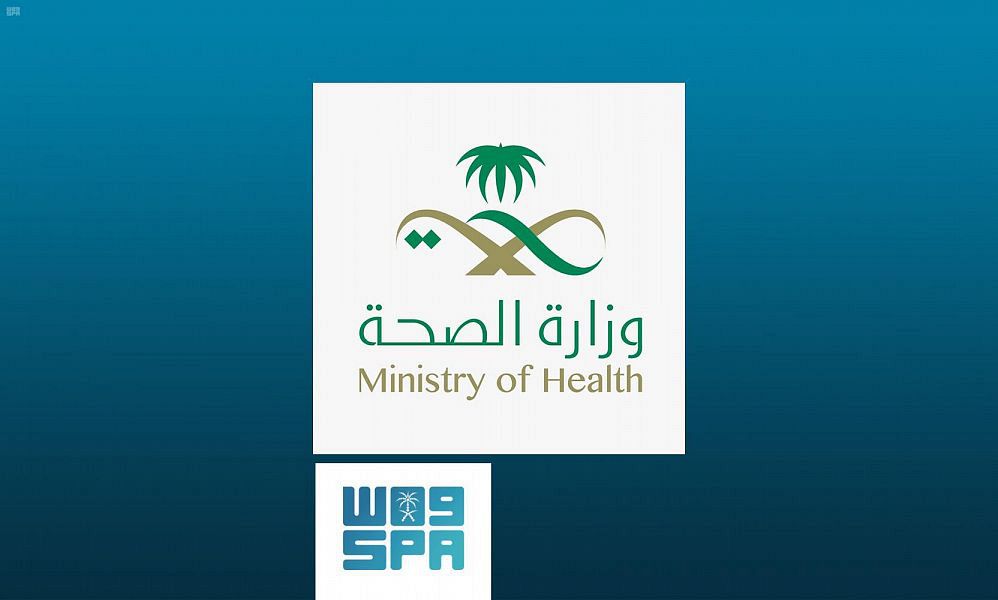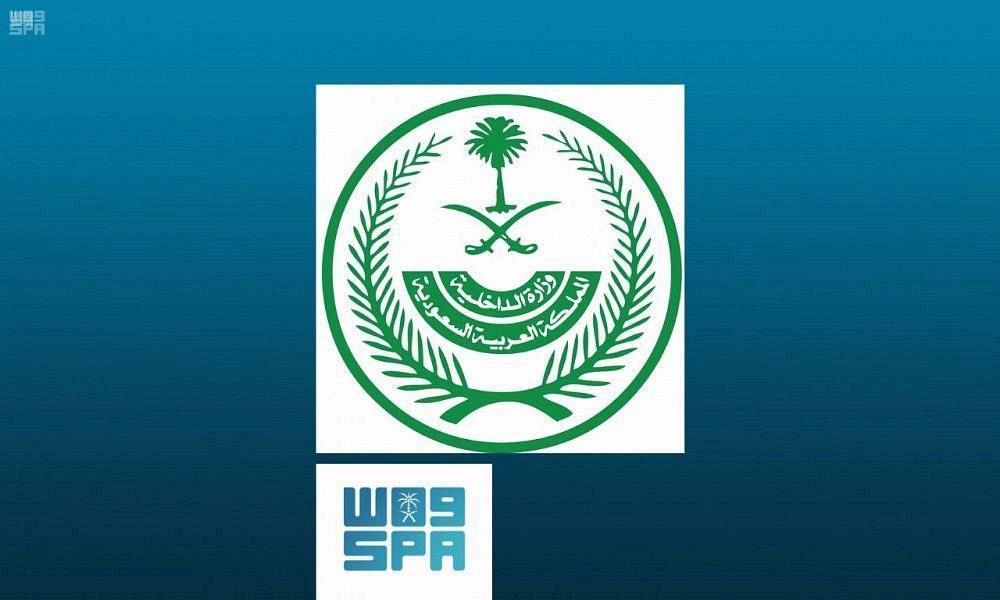
RIYADH — The Ministry of Health (MoH) spokesman Dr. Mohammed Al-Abdulaali announced the success of the precautionary and preventive health measures that the ministry implemented in cooperation with other authorities in reducing the number of cases infected with coronavirus in Madinah region by more than 86%.
This reduction acknowledged the influential and pivotal role of the Saudi Data & AI Authority (SDAIA) in supporting these efforts through utilizing technology in the epidemiological control, and the accompanying strict preventive measures that necessitate confirming the health condition via Tawakkalna in order to enter workplaces, shops, and malls.
Dr. Al-Abdulaali explained that combating the spread of COVID-19 in Madinah through digital applications and artificial intelligence proved to be one of the most successful approaches both regionally and globally. As it has effectively contributed, in less than two months, to limiting factors that caused accelerated spread within the region.
He stated that Madinah region was going through a critical period in which the number of infected cases was significantly increasing. This was due to some public negligence in observing the preventive measures and precautions; particularly, the lack of adherence to quarantine in addition to social gatherings. This has led to an increase in the number of daily cases at alarming rates, warranting the implementation of Tawakkalna as a decisive qualitative choice in the current confrontation stage.
He added that as a result of the increase in cases in Madinah last November, MoH, with the support of SDAIA, assessed the areas with the highest number of active cases, aiming to control and limit transmission of the virus. This is by emphasizing preventive measures and precautions and the relevant authorities to call on all Madinah residents to confirm their health conditions and requiring individuals to register to Tawakkalna in order to enter workplaces and public places.
The MoH spokesman stated that after two months of following the strict preventive measures and promoting the use of Tawakkalna, infections number of cases in Madinah decreased significantly (by 86%).
Dr. Al-Abdulaali expressed his aspirations that such a successful experience will reduce the number of infected people within all areas of the Kingdom, especially in Riyadh and Eastern regions in which high numbers of infected cases are being recorded.
He also urges to implement these specific precautions in all regions since this stage of confronting the epidemic calls for collective community response and a higher commitment to preventive measures in light of the increasing number of recorded daily infections.
He also affirmed that what MoH and SDAIA had accomplished, in their cooperation, would not have been achieved had it not been for the unwavering support that the health sector finds from the Custodian of the Two Holy Mosques and Crown Prince as their directives and vigorous follow-up had a significant impact on setting the Kingdom as an exemplary model in the global fight against this pandemic.
On behalf of MoH, Dr. Al-Abdulaali extended his appreciation to SDAIA for the outstanding efforts it had made and exerted through developing both Tawakkalna and Tabaud; which are among the most prominent technological defensive measures against the epidemic, urging everyone to register and benefit from them as they are an imperative requirement in this critical period.
Dr. Al-Abdulaali called upon all citizens and residents to download and activate Tabaud, a Bluetooth-based App that notifies individuals if they come in contact with other infected individuals. The application chooses random identifiers for the application’s activators during their place, duration, and distance of the meeting or gathering.
Tabaud stores the data for 14 days; if any of the users is confirmed to be infected with the coronavirus during that period, the infected person sends a report of their infection and shares it with other Tabaud users in their phone in total privacy without revealing their identity.
Others can take the necessary precautions by taking a COVID-19 test and quarantined until their health condition appears negative. Such technology positioned the Kingdom as the third country in the world to use this technology and circulate it to the public.
For his part, the SDAIA’s spokesman praised the unlimited support that SDAIA finds from the wise leadership and constant follow-up of their work and activities, and the keenness to redouble efforts during the pandemic to find innovative, highly efficient digital solutions to serve citizens, residents, and visitors of Saudi Arabia.
He also praised the cooperation and the distinguished partnership between SDAIA and MoH, which had a significant impact on the success of Tawakkalna and Tabaud, which were designed and developed entirely by national youth.
According to SDAIA’s spokesman, the number of registrants on Tawakkalna has increased by 90% during the past few weeks. The number of users has exceeded 18 million users, reflecting the growing community awareness of the application and their confidence in its services and importance, as one of the essential precautionary measures supporting the country’s health efforts to combat COVID-19.
It is noteworthy that since the beginning of the pandemic, SDAIA, in cooperation with MOH, developed two applications, Tawakkalna and Tabaud, to support the efforts aiming to combat the pandemic.
Tawakkalna works mainly to prove the health status of users through the interface of the application. For instance, Caution Mode; a Bluetooth-based feature that works to alert users in gathering places to take necessary precautions in the places they visit if they are about to come across a contact or infected case. This is along with other features aimed at making the application comprehensive for most health service users’ needs in cooperation with relevant authorities. — SPA









